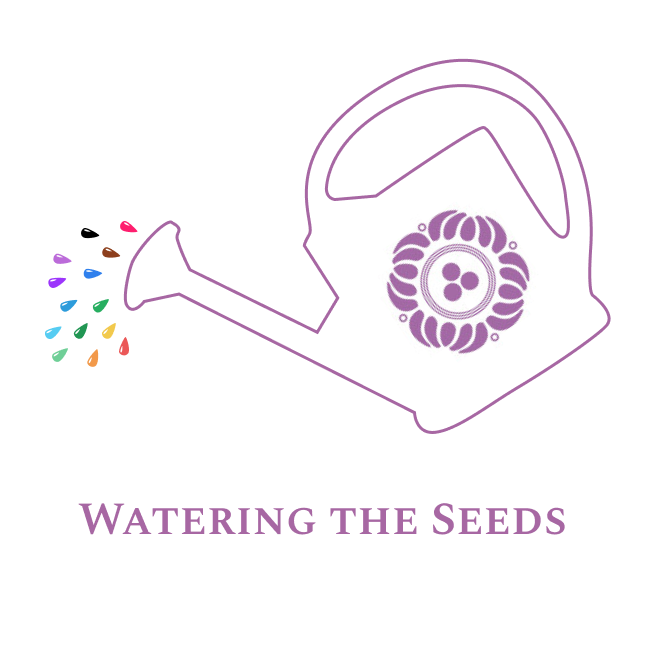Indra’s Net is a Google Group that allows us to invite others to join us in taking action for social justice.
The whole universe is seen as a multidimensional net. At every point where the strands of the net meet, jewels are set. Each jewel reflects the light reflected in the jewels around it, and each of those jewels in turn reflects the light from all the jewels around them, and so on, forever. In this way, each jewel, or each particular entity or event, including each person, ultimately reflects and expresses the radiance of the entire universe. All of totality can be seen in each of its parts.
—”Indra’s Net,” as described by Taigen Dan Leighton
We commit ourselves to actively engaging and fully actualizing our bodhisattva vows in the relative world.
We commit ourselves to doing this fearlessly—opening our hearts to suffering and our eyes to oppression, privilege, marginalization, and injustice.
We commit ourselves to doing this inclusively—embodying the ideals of mutuality, interdependence, and democratic process.
And we commit ourselves to doing this humbly—acknowledging the reality of not-knowing, even as we act in urgent service to all beings.
—Fourfold Commitment to Racial and Social Justice, GBZC Sutra Book
Indra’s Net is a new communications channel that allows community members of the GBZC mahasangha to take action together as one way to continue actualizing our bodhisattva vows. Several sangha members, with help from the Programming Committee, have set up this channel as a Google Group. We describe below a handful of working principles to get the idea off the ground, but we are eager for participants to co-create the shape of this channel as they use it. Everyone within our extended community (regardless of formal GBZC membership) is invited to join.
This communication channel takes its name from Indra’s Net, an image of interconnection and interdependence within Buddhist cosmology. It is an image, in Thich Nhat Hanh’s words, of “interbeing.” It is precisely because of this interbeing that we actively engage our bodhisattva vows, including our Fourfold Commitment to Racial and Social Justice. And it is precisely because of this interconnection, interdependence, and interbeing that we recognize the need to act in urgent service of all beings.
How to Join:
To join the Google Group and receive communications about upcoming actions, please click here and click “Ask to join group.” If you have any difficulties, you can send an email to programming@bostonzen.org to request to be added directly.
How and What to Post:
The main principle of Indra’s Net, in order to keep it an action-oriented space, is that users only post actions that they themselves are committed to doing. Users must also be willing to do a bit of organizing work to enable other sangha members to join them in doing the action. What it means to “do” an action may look very different for different actions, especially in this time of social distancing and Zoom meetings. It might mean joining up together (at 6 feet apart!) at a street rally, or it could mean making a phone call or sending an email from home. The requirement that users only post actions that they themselves are doing prevents the list from becoming a channel for information-sharing alone—a worthy purpose but not the purpose of this group.
Actions do not have to be applicable to every possible group member. You are welcome to post an action that is (for example) a women of color space only, or that is only for people living in a certain legislative district, as long as it is something applicable to you yourself and you are planning to participate.
Once you’ve joined, you can post an action by sending an email to GBZCIndrasNet@googlegroups.com. The message will automatically go out to all members of the group. Please include at least the following details in your email:
- What is the action?
- When is it? (Is it one specific time/place? Is it something each person does on their own time?)
- How would you like people to contact you if they are interested in participating?
It’s important for people who are interested in an action to be able to connect with each other— we know that “life happens,” and if the person originally posting the action is for some reason unable to participate, they can keep others in the loop (especially important for an in-person action where others may be relying on having a companion there). Even for an action that involves people doing something individually on their own time, it can be powerful and useful to be connected to others doing the same.
Community members may reasonably disagree about the effectiveness or value of some proposed actions, and that’s okay. We just ask users to be thoughtful about whether the action they wish to post is aligned with GBZC’s values as a community.





